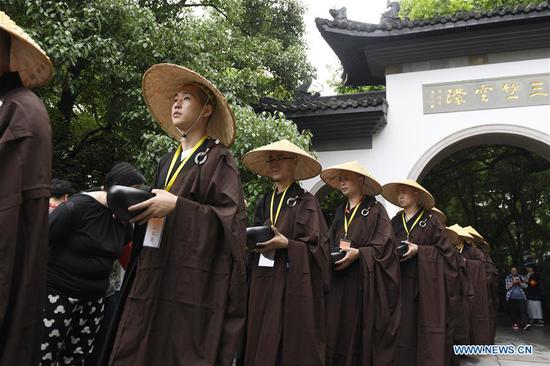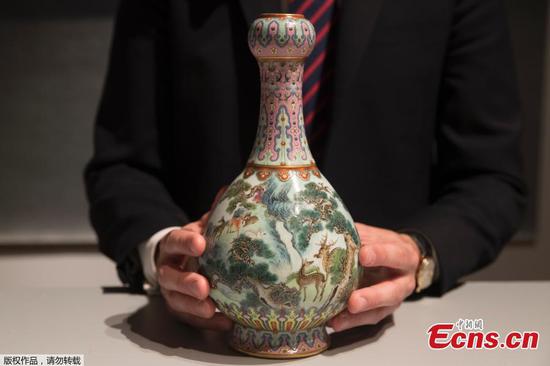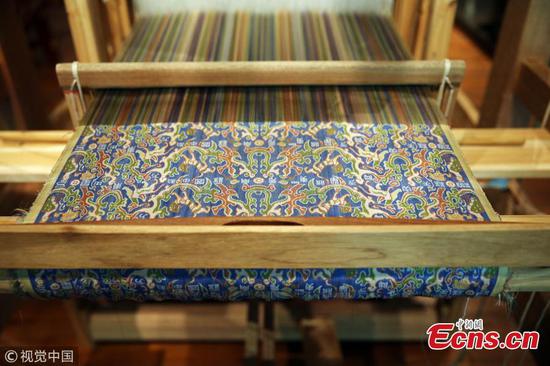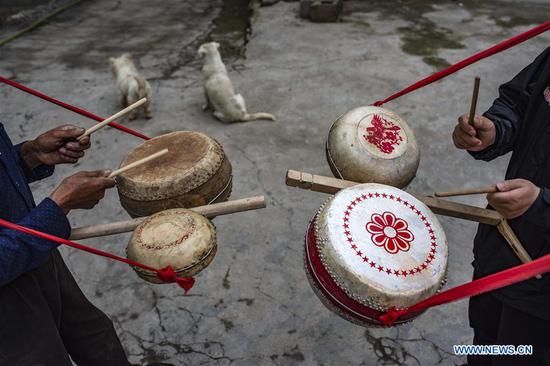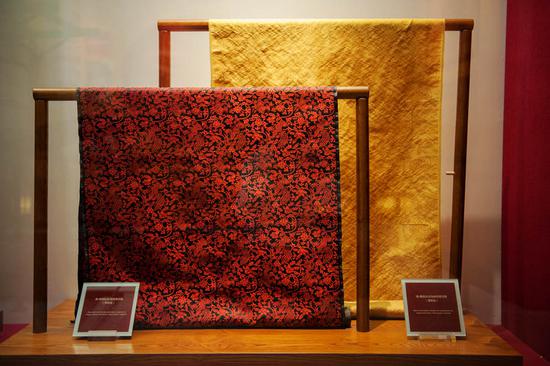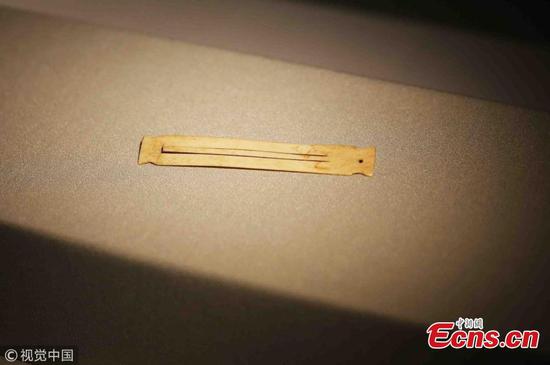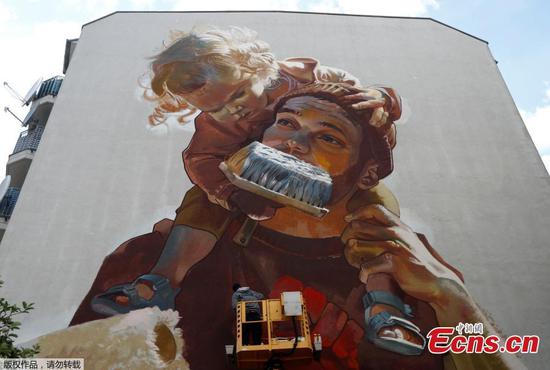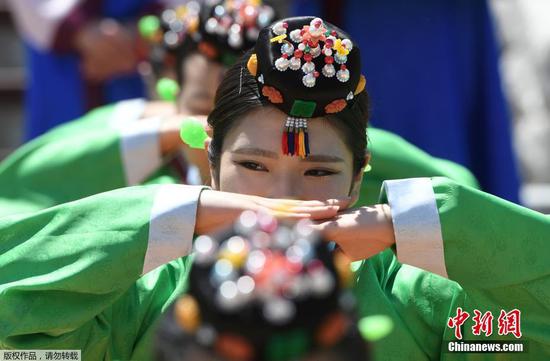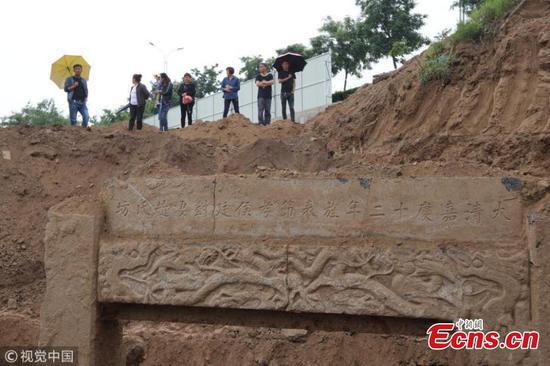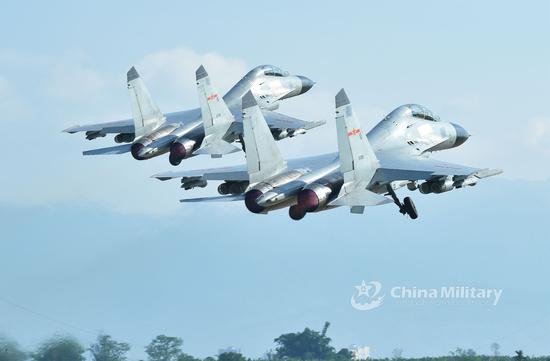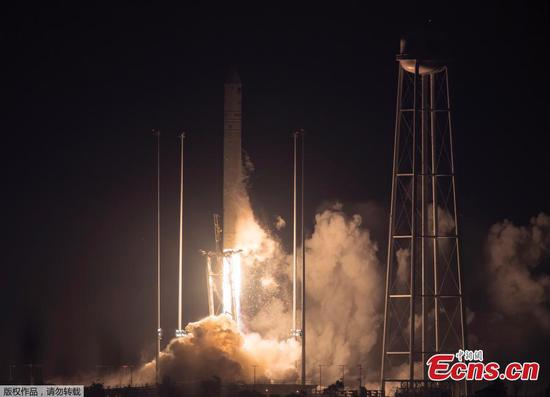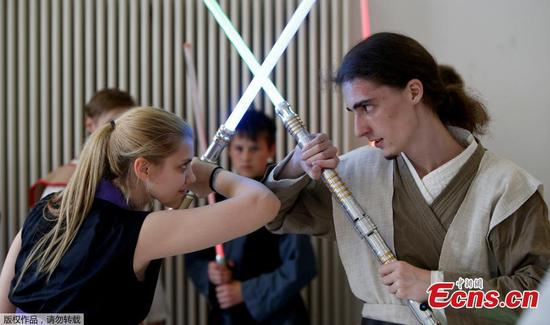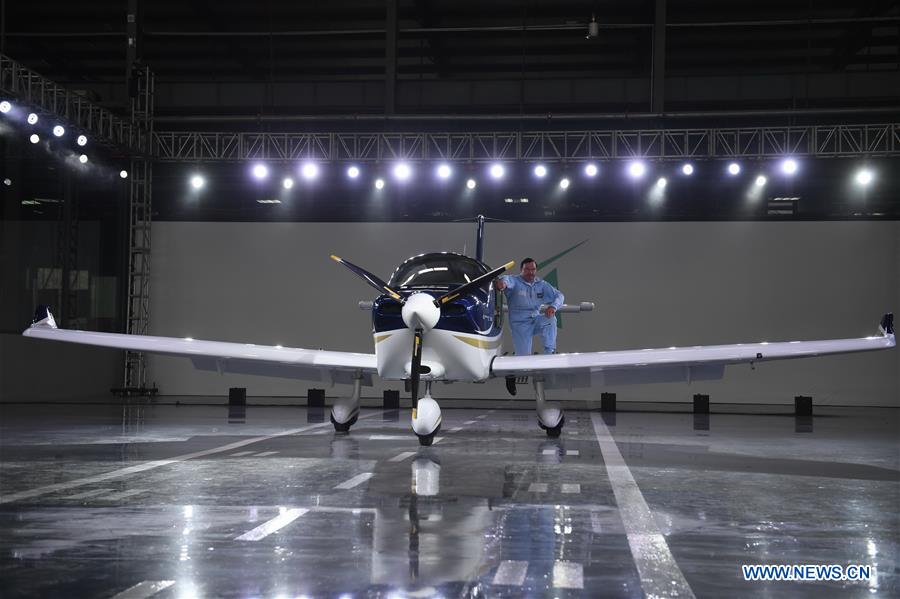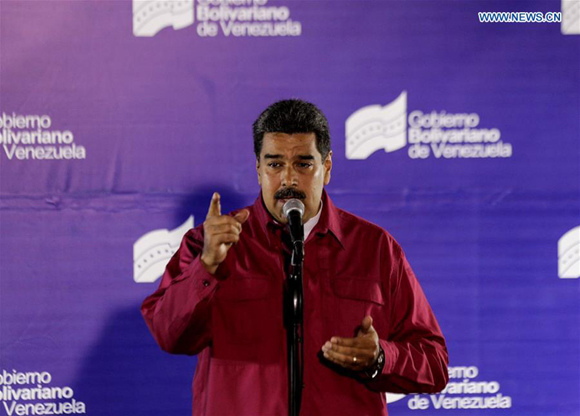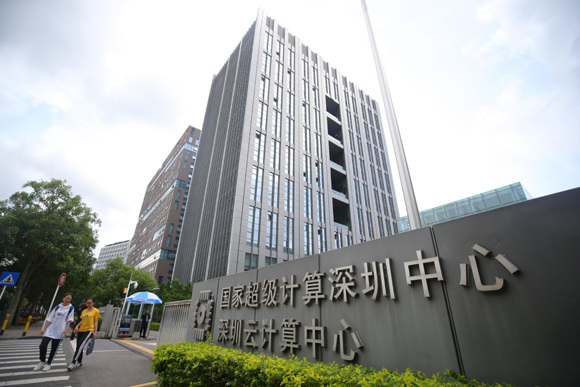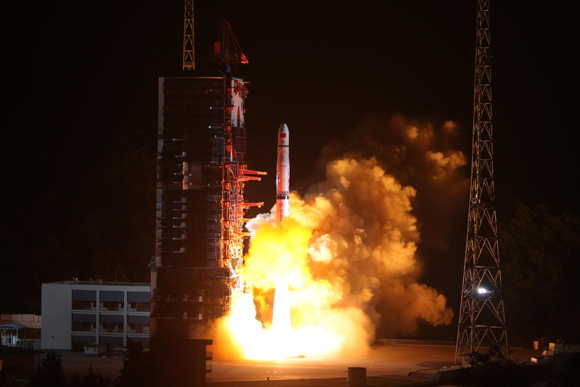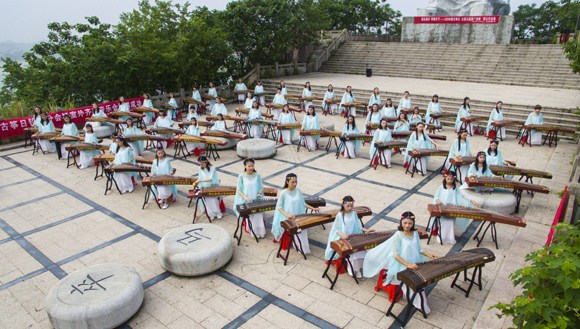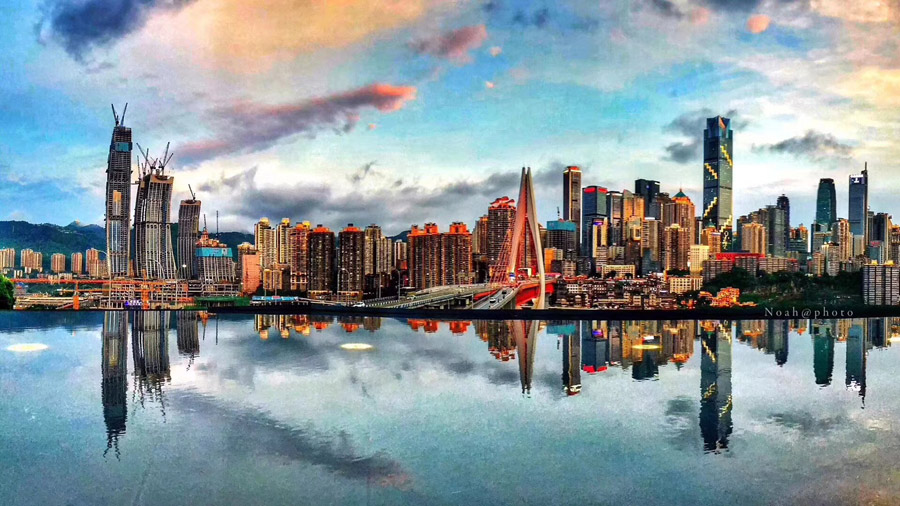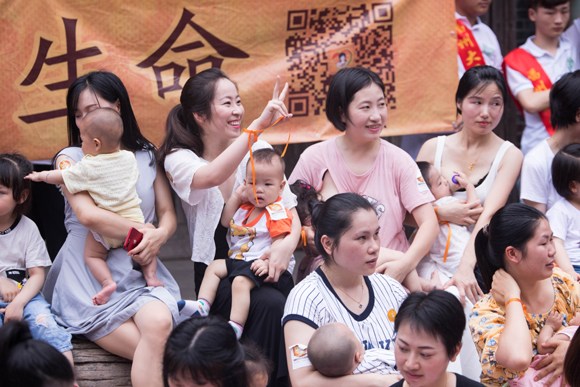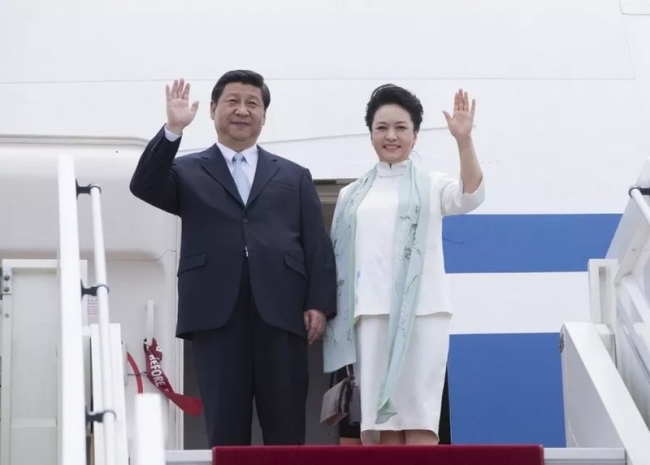As the cruelest villain of Marvel Cinematic Universe (MCU) scrambles to squash the superheroes in his way, Disney, the American entertainment giant that owns Marvel Studio, has no trouble at all cementing its dominance in Chinese cinemas with the latest Avengers installment: Infinite War, and once again defies the cultural gap in a market relatively late to the superhero comic frenzy.
The flick, which debuted across China on May 11, has seen its box revenue gust above 300 million US dollars in the country by last Sunday, rocketing to the fourth biggest total of all-time in China for an American production and expected to overtake “Transformers: Age of Extinction" (320 million US dollars) soon.
Over the past 10 years, Disney has been paving the way for the biggest union of its MCU cast in the Infinite War and the strategy has paid off spectacularly in China, now the world’s largest film market, with box offices multiplying for the Avengers franchise.
The Avengers, the first installment released in 2012, secured an income of around 86.3 million US dollars and the net gain nearly tripled on The Age of Ultron in 2015.
The solo films on individual superheroes have generally fared well, too, in the buildup to this year’s semi-finale. Black Panther, the first MCU production that features a black leading character, made an estimate of 105 million US dollars selling tickets in China.
Cinema’s power to speak a globally comprehensible language proves paramount to Marvel’s quick rise and future expansion in the Chinese market where the genre’s fan base hasn’t reached to the size seen in the US.
"I became a Marvel fan in 2008 when the Iron Man (2008) was released in Seattle,” said Cheery Fu, a 29-year-old Beijing cinemagoer who had his first close contact with the MCU in the US. “I remember the excitement in the cinema that day vividly, and at that moment watching every Marvel film has become a must for me.”
However, the printed version of Marvel comic world has progressed slowly in China relative to the booming cinematic influence. This is due mainly to the absence of an entrenched superhero-comic reading culture in China that had been in formation since the studio’s founding in the US in the early 20th century.
“I didn’t know where to get these books and it was hard to get an authorized one in China 10 years ago”, said Junya, a 28-year-old Beijing residence who considers herself as a Marvel fan between “hardcore and casual”.
Marvel has been catching up. In July 2017, Disney announced its partnership with Netease, a Chinese Internet technology firm that became China’s first official publisher for the digital edition of Marvel comics. Yet to transfer fans from one media to another can be a time-consuming task.
“There are too many stories one needs to catch up in the comic books. I don't know where to start and don’t have the patience either,” Wayne Fang, 29, living in the US now, said. “Instead, there are so many other choices related to superhero or parallel universe like the movie and the TV series.”
Despite its cross-culture success on the big screen, Marvel’s adventure in China is not always smooth. A promotion event leading up to the Infinite War’s Chinese debut was spoiled in April. What backfired was the organizer’s plan to expanse the fan base by inviting a group of local pop stars to promote the film alongside the cast, an arrangement accused by many devoted Marvel supporters as “slighting the true lovers of the MCU”. The studio later issued an apology on its Chinese social media accounts.
China has become the biggest film market in the world. Over the first quarter of 2018, the total box office in the country had reached to around 3.17 billion US dollars.















